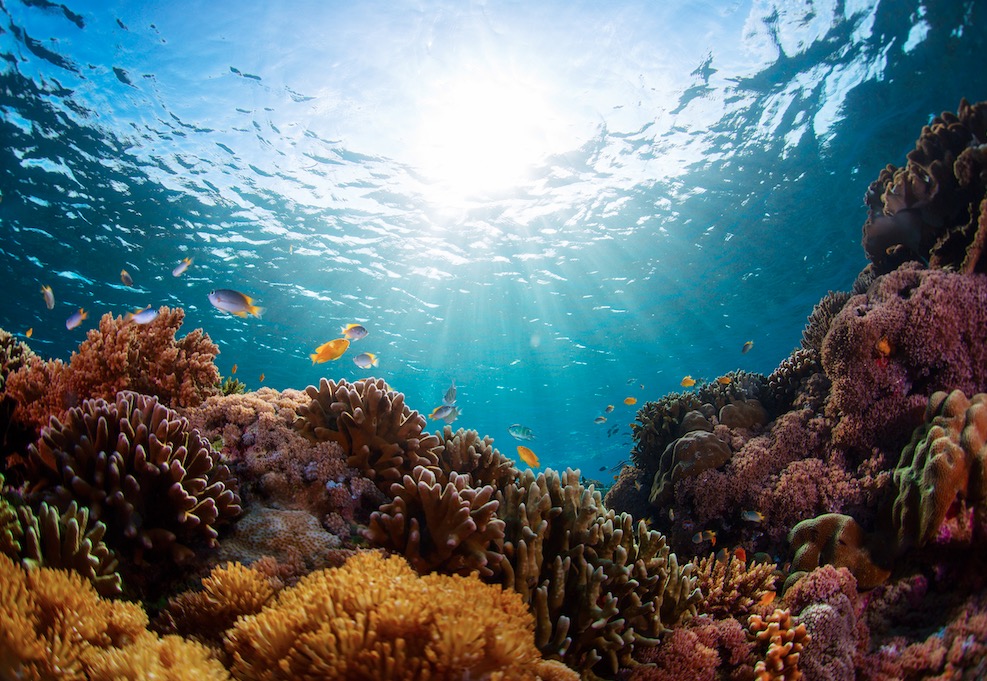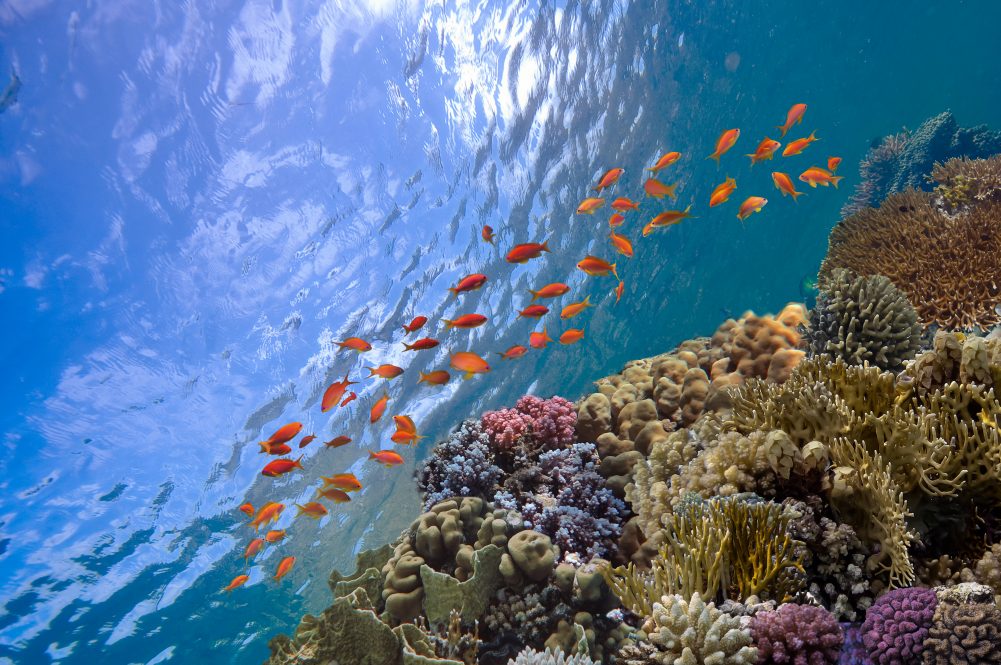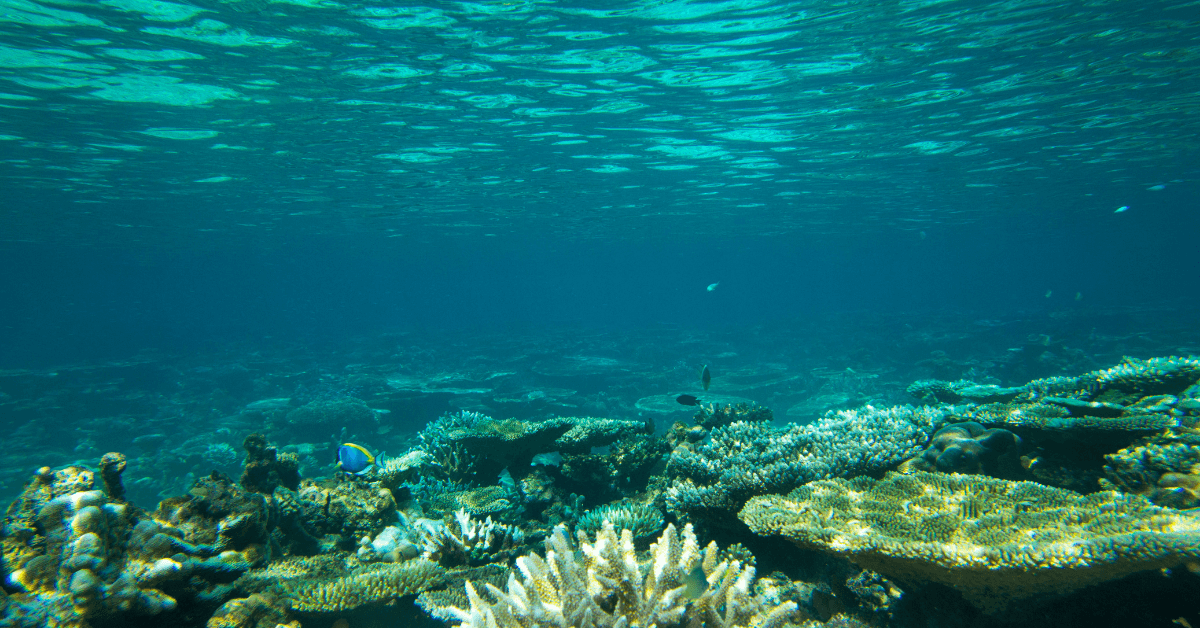The marine ecosystem is a large and complex web of life living under the ocean surface. Every part of this web, from busy coral reefs to the dark and cold abyssal zone, has its importance of life balance on Earth. In this paper, I would like to show the marine living world exploration its diversity, ecosystem importance and possible problems it might face in the modern world indrabet login.
A World Beneath the Waves

The Diversity of Marine Life: A Kaleidoscope of Forms and Functions
Marine life is diverse beyond comprehension; at least 230,000 species have been recognized, and countless remain to be described. Each species has its place within the complex web of life in the sea, from brightly colored fish weaving through coral reefs to the furtive cephalopods stalking the inky deeps. Marine organisms are equally diverse in form and function, each adapted to life in the sea in their own way . For instance, dolphins have pointed bodies that allow them to swim quickly through the surf, while anglerfish utilize bioluminescent lures to attract their unintended victims in the absence of light of the ocean floor.
Ecological Interactions: The Web of Life in Action
The complex system of ecological interactions is the core of the marine ecosystem, as it represents the link between organisms that help each other survive. The spectrum of interactions includes predator-prey relationships and symbiotic partnerships that define the structure of marine communities. Like coral reefs that have been defined as the “rainforests of the sea”, the reefs house numerous species dependent on the reef structure to provide food and habitat . An example is the symbiosis between coral polyps and algae, where algae provide polyps with nutrients through photosynthesis, while polyps offer protection.
Ecosystem Services: The Benefits of a Healthy Ocean

The marine ecosystem offers numerous services without which marine life and human society would not flourish. Perhaps the most critical service is the production of oxygen, which is primarily carried out by phytoplankton. These tiny organisms produce more than half of the world’s oxygen; without them, life on Earth would cease to exist. Furthermore, marine ecosystems contribute to the regulation of climate. They absorb carbon dioxide from the atmosphere and keep it at the ocean floor.
Challenges Facing Marine Ecosystems: A Call to Action
Nevertheless, human activities contribute to a wide range of anthropogenic threats to it. At the moment, the most topical and severe ones are pollution, overfishing, habitat destruction, and global warming. Firstly, the aforementioned factors threaten the habitat of numerous marine species and, thus, their life and death generally effect. Secondly, coral reefs are in danger due to increased ocean temperatures and, as a result, the bleaching process, which eventually leads to death .
Conservation Efforts: Protecting Our Ocean Heritage
Conservationists are addressing these issues with actions aimed at preserving the health and condition of the planet’s marine ecosystems. Conservation efforts have been multiplied by the creation of marine protected areas . By controlling such activities as fishing or mining, specifically detrimental to sensitive marine biomes, these zones help preserve biodiversity and revive degraded habitats. Yet other means of enforcement, such as outreach programs and educational ones, encourage sustainable behavior and raise awareness of the importance of the ocean to scale resources upstream.
Preserving the Ocean for Future Generations
Indeed, the marine ecosystem is a sanctuary of biodiversity and natural marvels, but it is also one of the most susceptible and feeblest ecosystems that require human intervention to save it. As the planet’s guardians, we need to act to preserve the functionality and abundance of the oceans so that they could serve future generations. Through adopting sustainable operations, promoting marine conservation projects, and campaigning for the enactment of marine-protection laws such as SDG-14 Decade, we can ensure the continued protection of this irreplaceable source of life for all beings on Earth. Let’s join our efforts and begin the expedition of saving all the richness of the marine world to secure future sustainability of the blue planet!
Exploring Innovative Solutions: Harnessing Technology for Marine Conservation

In the face of escalating threats to marine ecosystems, scientists and conservationists are turning to technology to develop innovative solutions for conservation and management. Transisi 10%Advancements in satellite imaging, underwater robotics, and artificial intelligence are revolutionizing our ability to monitor and protect the ocean. For example, satellite tracking enables researchers to study the movement patterns of marine species and identify critical habitats for conservation. Autonomous underwater vehicles (AUVs) equipped with sensors can survey vast areas of the ocean with unprecedented detail, providing valuable data on marine biodiversity and habitat health. Furthermore, machine learning algorithms are being employed to analyze complex datasets and identify trends, aiding in the development of evidence-based conservation strategies.
Community Engagement: Empowering Local Stakeholders
Effective marine conservation requires the active involvement of local communities who depend on the ocean for their livelihoods and cultural heritage. Transisi 10%Community-based initiatives empower stakeholders to participate in decision-making processes and implement sustainable practices that benefit both people and the environment. By fostering partnerships between governments, NGOs, and local communities, we can develop solutions that are tailored to the unique needs and circumstances of each region. Education and capacity-building programs play a crucial role in raising awareness about marine conservation issues and equipping communities with the knowledge and skills to protect their marine resources effectively.
Addressing Global Challenges: Collaboration on a Global Scale
Marine conservation is a global endeavor that requires collaborative action across borders and sectors. Transisi 10%International agreements such as the United Nations Convention on the Law of the Sea (UNCLOS) and the Convention on Biological Diversity (CBD) provide frameworks for cooperation and coordination among nations. However, more concerted efforts are needed to address transboundary issues such as illegal fishing, marine pollution, and climate change. By fostering dialogue and cooperation among governments, scientists, and stakeholders, we can work towards common goals and achieve greater impact in protecting our shared ocean heritage.
Investing in Resilience: Building Adaptive Capacity
Building resilience in marine ecosystems is essential to ensure their long-term survival in the face of ongoing environmental changes. Transisi 10%This involves not only reducing current threats but also preparing for future challenges such as ocean acidification and sea-level rise. Nature-based solutions such as restoring mangrove forests, seagrass meadows, and salt marshes can enhance ecosystem resilience and provide natural buffers against coastal hazards. Additionally, enhancing the adaptive capacity of communities through sustainable livelihoods, climate-smart infrastructure, and disaster preparedness measures can help build resilience at both local and global scales.
A Call to Action for Ocean Conservation
The challenges facing marine ecosystems are daunting, but they are not insurmountable. Transisi 10%Through collective action, innovation, and commitment, we can rise to the challenge and secure a sustainable future for our ocean planet. By prioritizing marine conservation, investing in research and technology, empowering local communities, and fostering global cooperation, we can protect the richness and beauty of the marine world for generations to come. Let us seize this opportunity to be stewards of the ocean, preserving its wonders and ensuring that it remains a source of life and inspiration for all humanity. Together, we can make a difference and create a brighter future for our blue planet.
Also read other interesting articles about Osama bin Laden: America’s Masterful, Urgent Hunt here

